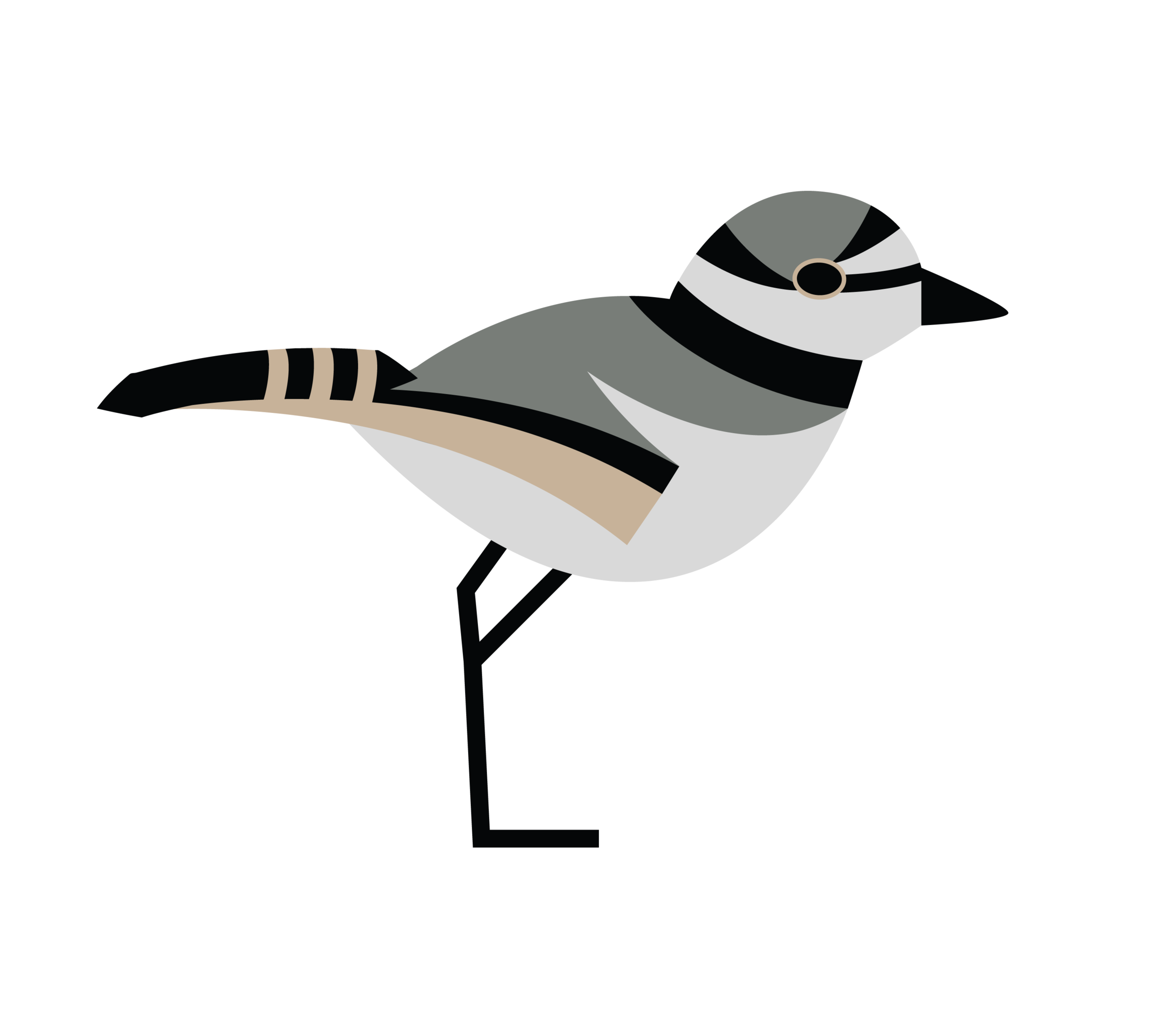Do not give food or water to any wildlife until you have spoken with a rehabilitator.
If an animal is cold, dehydrated, injured or ill; any food or improper hydration could kill it. Never, ever give a wild animal any cow’s milk or human infant formula. Please contact a rehabilitator for the correct procedure to follow.
I found a Baby Bird:
Call Ruth Melichar Bird Center: 208-338-0897
*Please Note: It is against state and federal law to possess and have the intent to raise and or keep any wild bird or mammal.
Check surroundings for the parents.
In nature, young birds sometimes become separated from their parents and need help. If you have determined after watching for a long period of time that the bird is in fact orphaned or otherwise ill, injured or cold, intervention is necessary. In many cases, however, when baby birds appear to be orphaned they actually have parents in the vicinity that are caring for them. A very large percentage of young birds are picked up by humans unnecessarily.
Look for existing nest.
If you see a baby bird in the spring/summer season that is clearly helpless and featherless or partially feathered this is a hatchling or a nestling bird. If the nest can be located please put the bird back into the nest. The parents will take over from there. Please watch for a period of time to make sure you see the parents go back to the nest. If you’ve touched the bird, this will not deter the parent bird from tending to their young.
Create a makeshift nest.
If you cannot locate the original nest you can make a make shift nest. Use a plastic berry box, basket or a planter with drain holes. Use non absorbent material for the bedding. (Imagine a birds nest in the wild.) Do not use grass or anything the birds can get tangled up in. Secure the nest in the shady part of the original tree, a tree nearby or a shrub close to where you found the bird.
Baby Bird
Cheat Sheet
It is much easier for us to save an animal before innocent, well-meaning mistakes have been made by someone trying to keep and raise baby birds for a few days or even a few hours.
A very large percentage of young birds are picked up by humans unnecessarily. Here are some guidelines to follow if you encounter a wild baby bird.
I found a Mammal:
Call the Animals In Distress hotline for whom to call regarding injured or orphaned wildlife:
208-367-1026
*Please Note: It is against state and federal law to possess and have the intent to raise and or keep any wild bird or mammal.
Baby Squirrels.
Baby Squirrels open their eyes between 4-5 weeks. In the wild, they continue to nurse until they are about 10-12 weeks old. At that time, they are pretty much on their own and will return to the nest for safety and rest. Baby squirrels require a high calcium formula and various amounts of fat throughout their development. If fed improperly, they can develop metabolic bone disease. Newborn squirrels (born with no fur and blind) are called pinkies. If you find a baby or young squirrel with an obvious injury or has been brought to you by a cat, dog or child or one that is obviously alone with no mother or nest in sight; you should help by putting the baby in a warm and quiet place and get in touch with a rehabilitator for advice.
Cottontail Rabbits.
Cottontail rabbits leave their nest when they are about the size of your fist. They may seem too small and fragile to survive without their mother, but they are not. If you find a nest of bunnies and don’t see the mother around, this is normal. Mom only feeds her babies twice a day, this is for their protection. Please do not move the babies and keep domestic pets away from the nest. If the nest appears disturbed or you are in the slightest doubt, please contact Mady at 208-344-0468.
Baby Raccoons.
If you find an injured or orphaned raccoon, it is best to call a rehabilitator. Injured adults can hurt you in the process of trying to protect themselves. We will always try to get babies back to their mother when possible, but it takes some doing. Call Mady at 208-344-0468 for information regarding perceived orphaned raccoons.
Fawns.
A fawn may appear to be abandoned; however, its mother is usually not far away and will return. Before you ‘rescue’ a fawn, you must be very sure that its mother has been either injured and unable to care for her fawn or is deceased. When in doubt, call a rehabilitator and they can help you determine if it is truly orphaned.
“Until we have the courage to recognize cruelty for what it is–whether its victim is human or animal–we cannot expect things to be much better in this world.”
— Rachael Carson
Release sites needed!
AIDA is always in need of Protected Release Sites.
HUGE THANKS to Bob & Chris for their faithful commitment to the animals.







